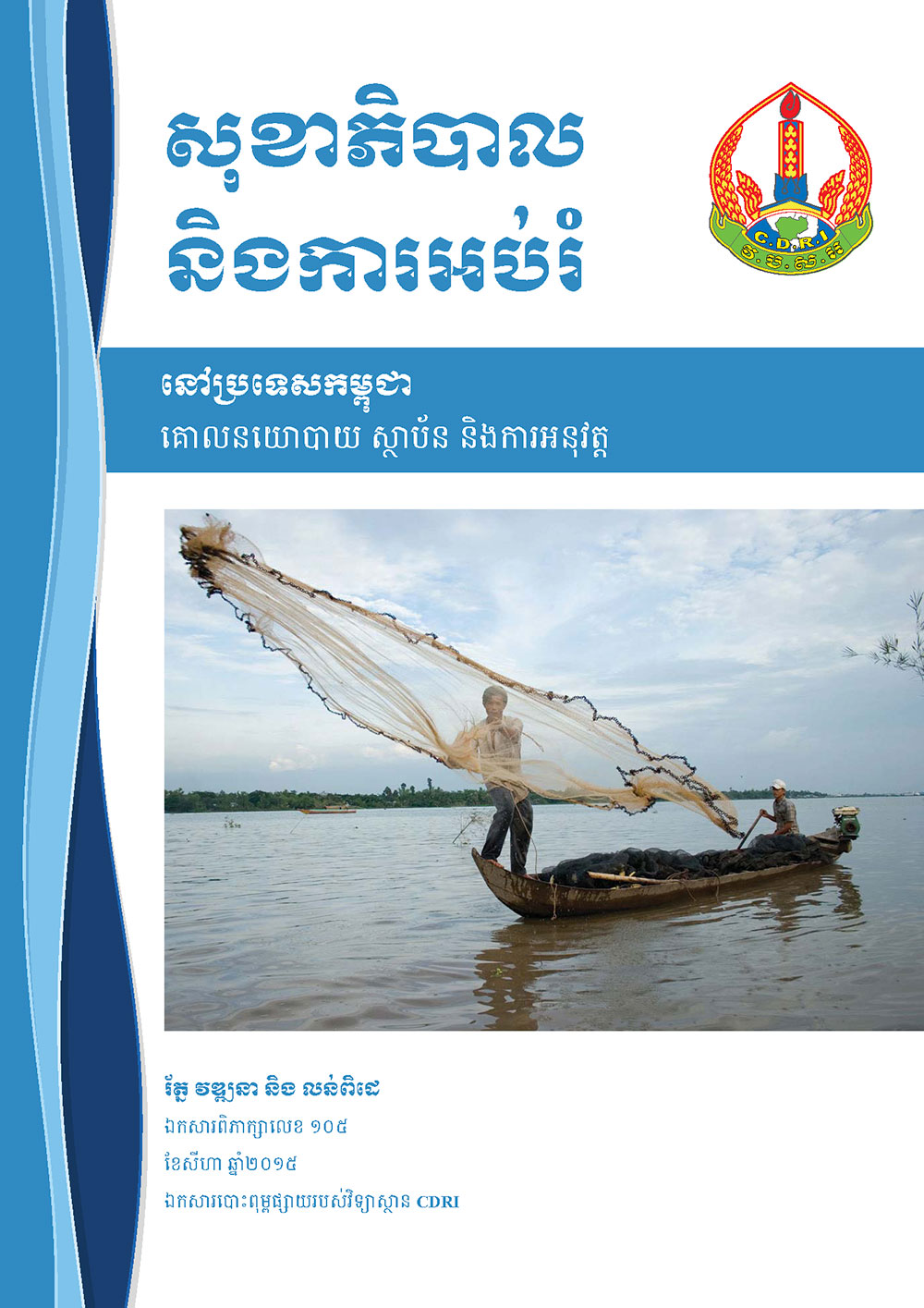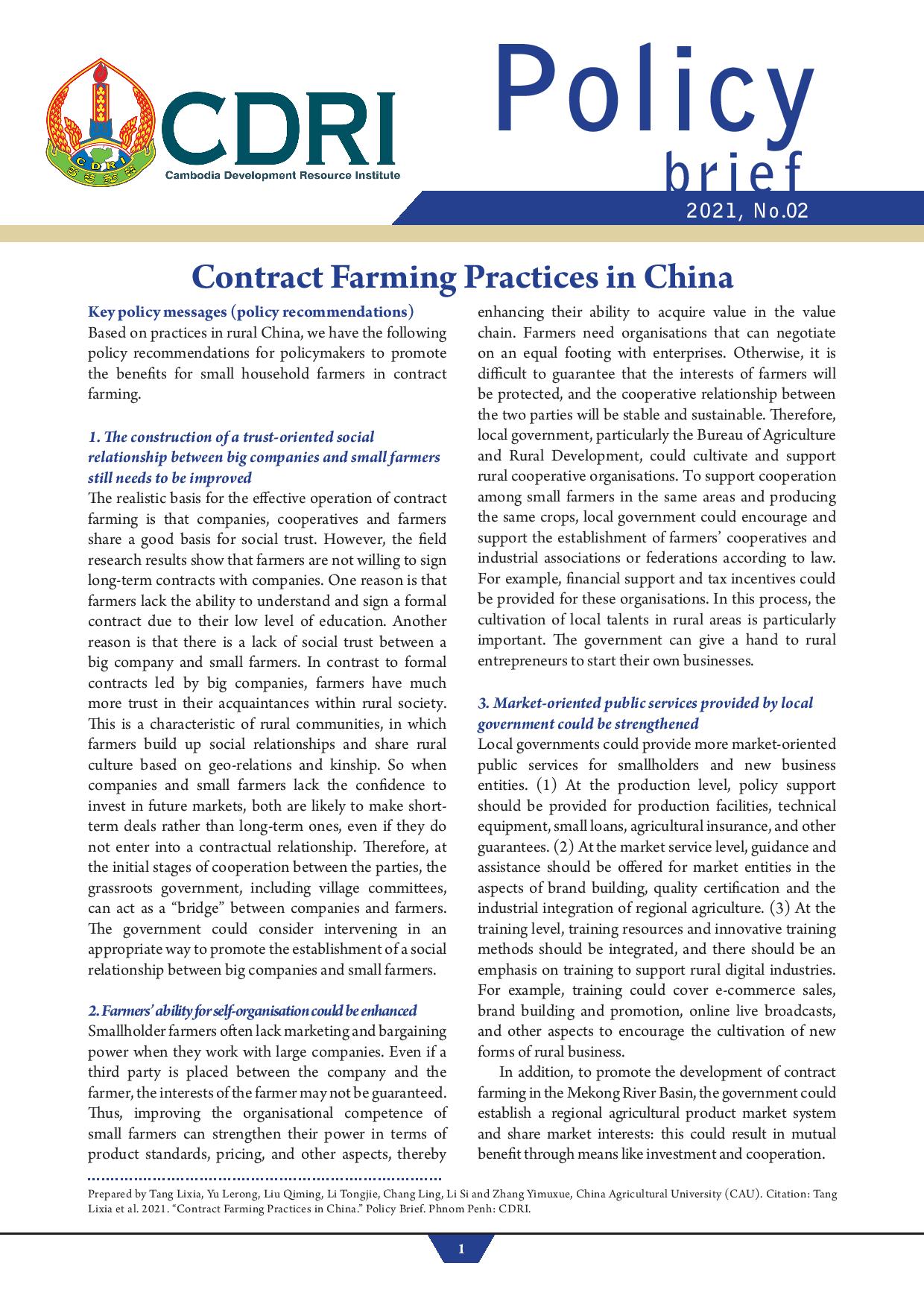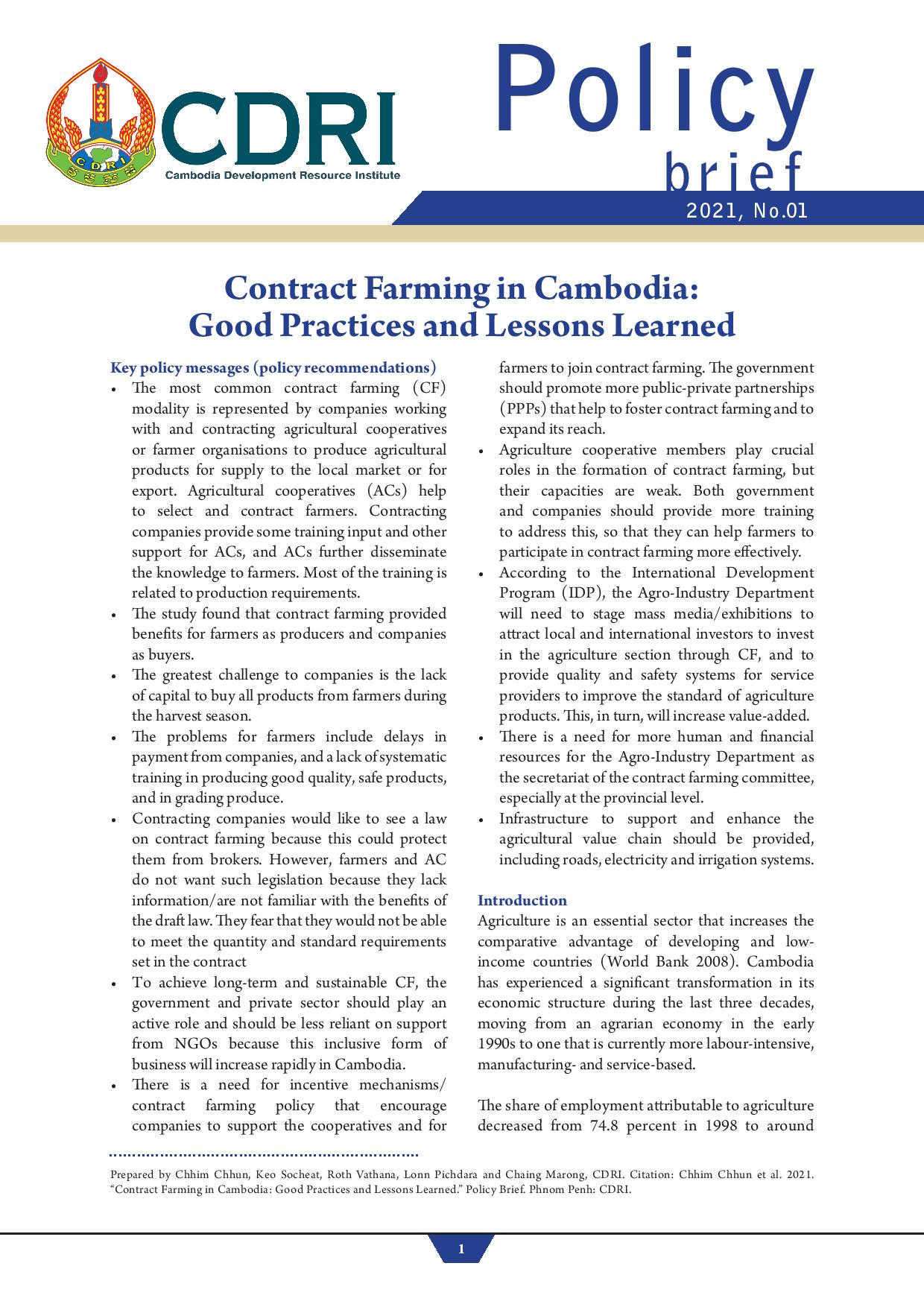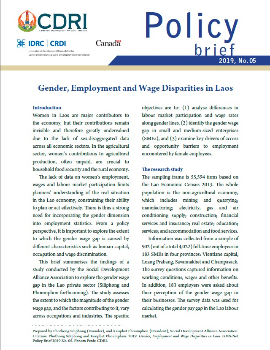
Health and Education in Cambodia: Policies, Institutions and Practices
Keyword: Inclusive development, basic secondary education, healthcare access, supply-side issues, policy framework
Khmer PDF (78)
Abstract/Summary
Motivated by the relatively low indicators for access to basic secondary education and healthcare, the study attempts to (1) analyse national policy and institutional framework for inclusive development in health and education, and (2) identify areas needing attention or updating. In education, Cambodia has made considerable progress towards achieving universal nine-year basic education. Supply-side issues are more important than demand-side factors, particularly the poor quality of teaching and learning; relatively low, albeit growing, government funds for education; corruption in service delivery; low and uncompetitive incentives for teachers; and a lack of systematic coordination. In basic healthcare, two indicators – vaccination of children aged 0-23 months, and the percentage of women seeking antenatal care – have improved. However, the percentage of women who give birth in public health centres remains low. The challenges to providing better quality health services are limited coverage; insufficient health facilities, equipment and medicine; and high cost.



